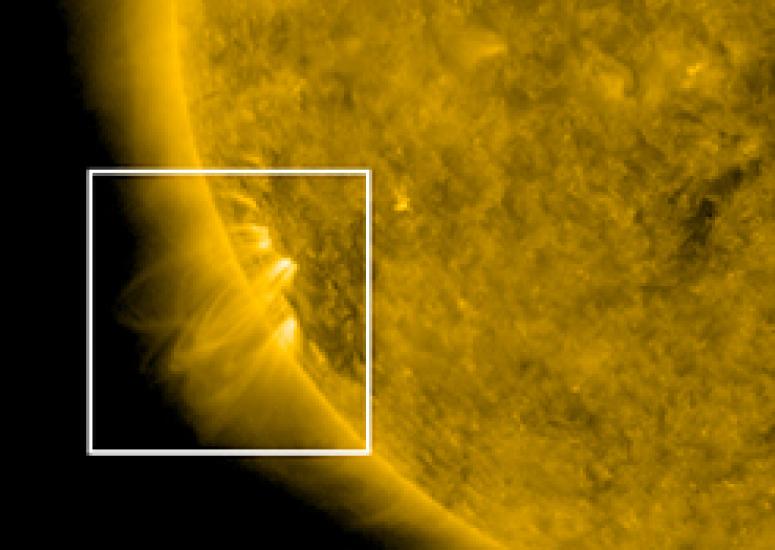-

Plasma jets are prime suspect in solar mystery
Structures called spicules may explain why the Sun’s corona is much hotter than its surface, according to a new paper in Science.
- Sun + Space Weather
-

Did forecasters nail the big Northeast snow?
It's good to remind ourselves how far weather prediction has come in recent years. The ferocious winter storm that assailed the U.S. Atlantic coast in late December 2010 offers a great case in point.
- Weather
